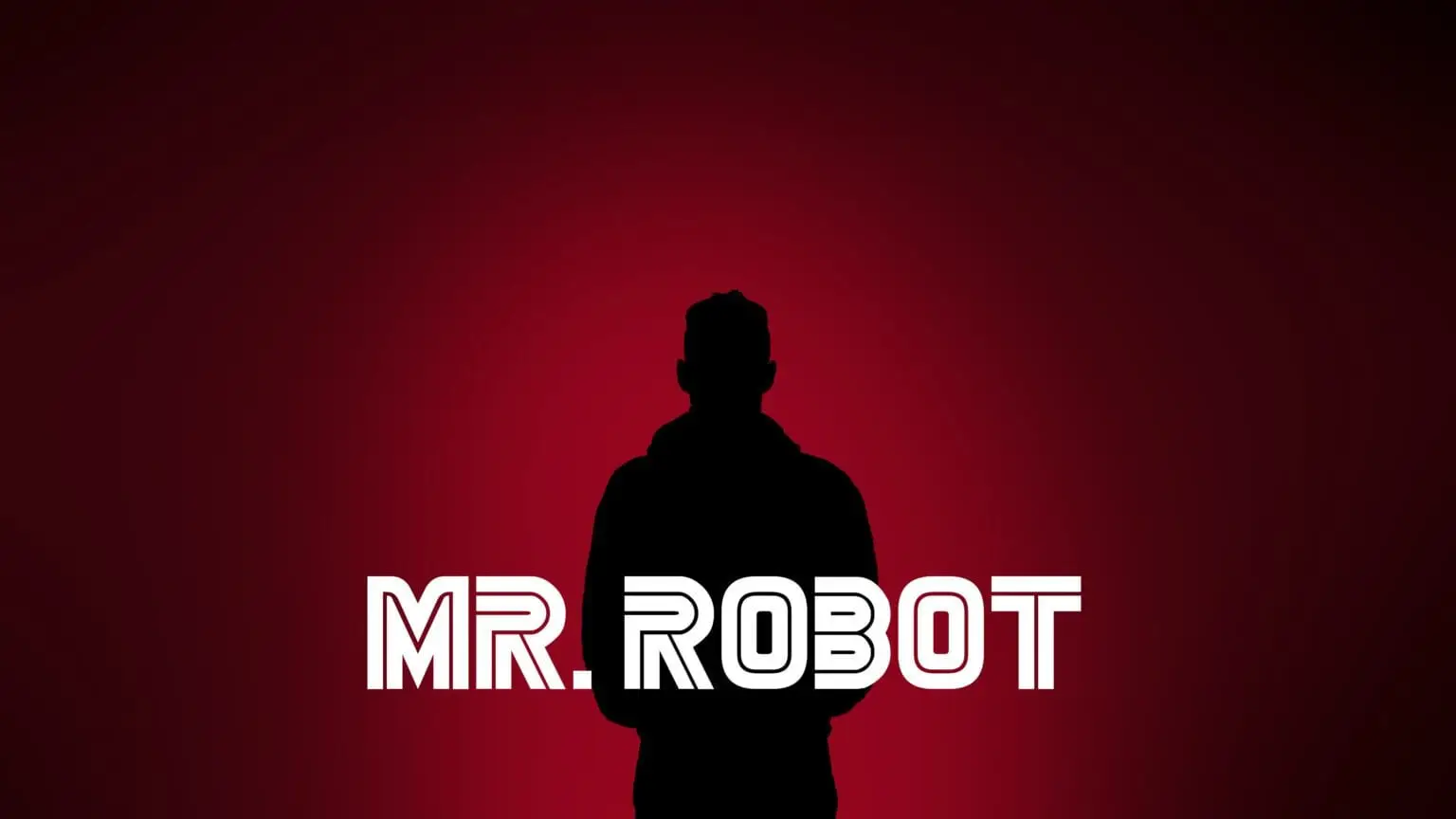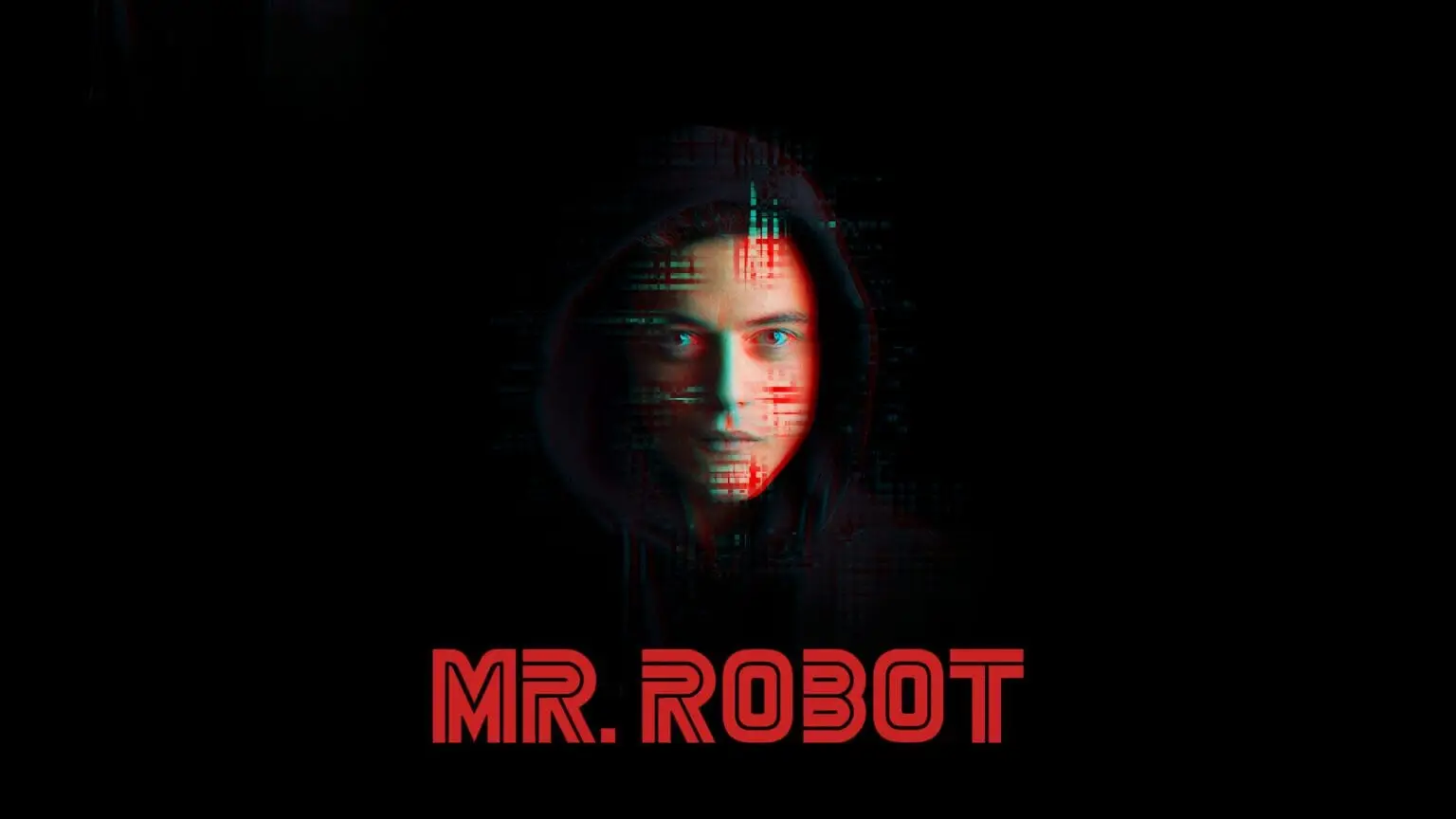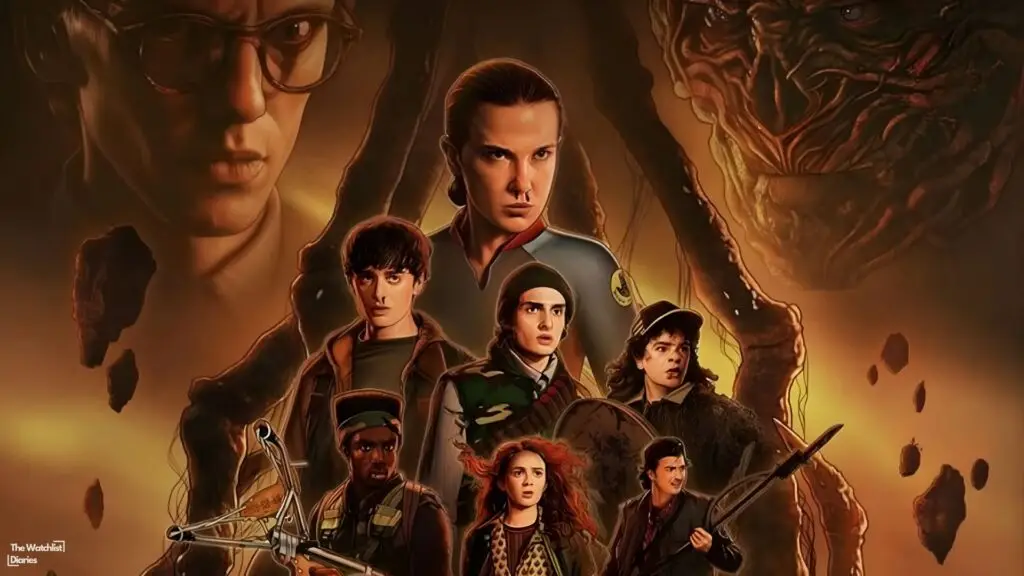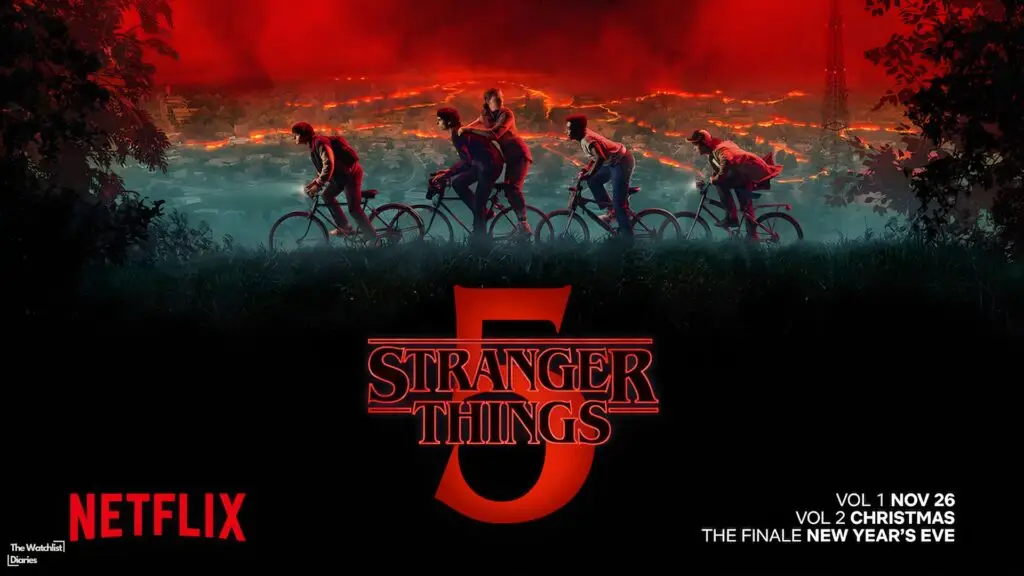Mr Robot Was Right – How a Forgotten Tech Thriller Predicted 2025

Mr Robot review, unsolicited but long overdue. Because let’s be real – Mr. Robot hits harder in 2025 than it ever did when it first aired. If you haven’t heard of it, it’s a masterclass in cyber-thriller storytelling, a series about hacktivists trying to bring down a corrupt capitalist megacorp. You know how some shows exaggerate dystopia to the point where it’s laughable? Mr. Robot isn’t one of them.
My Late Entry Into the Fsociety
I didn’t watch Mr. Robot when it premiered in 2015. I hopped on in 2016, during the second season hype wave — a Reddit-fueled era where recommendations still felt reliable. I clearly remember two distinct reactions during Season 1:
- One: “This is good, but is it really that good?” Then came the twist. Suddenly, it all made sense.
- Two: “This whole capitalism-gone-wild setup feels extreme… but also not that far off.” Around the same time, headlines about fake credit card accounts and pharmaceutical price gouging were everywhere. It all felt eerily familiar.
More Than Just a Hacker Show
Without diving into spoilers (you should watch this clean), here’s the gist: Elliot Alderson, played brilliantly by Rami Malek, is a cybersecurity engineer by day and vigilante hacker by night. He’s recruited by the mysterious Mr. Robot (Christian Slater) to join “fsociety,” a group dead-set on bringing down the fictional mega-conglomerate E Corp. (Yes, the name’s as subtle as a sledgehammer.)
But reducing Mr. Robot to “a hacker takes down a big evil corp” is like saying Breaking Bad is about a guy who cooks meth to pay for chemo. Technically true, but wildly incomplete.
Elliot doesn’t just fight the system – he tries to erase debt, expose corruption, and pull the rug from under the financial elite. You’d think that would be the victory lap. But no. In this world, the system has backup systems. Goliath doesn’t fall that easily.

E Corp, Real World Echoes & Digital Parallels
Now, here’s where it gets spooky.
E Corp controls everything – finance, healthcare, even your data. Sound familiar? In 2025, we don’t have a single monolithic E Corp… we have five or six mini-Goliaths. Big Tech giants (you know the names) have their hands in everything from cloud infrastructure to personal assistants to AI training datasets. No, they’re not (openly) managing our debt… yet. But they do sit on troves of personal data, and the AI boom has made that even more valuable.
Much like E Corp, today’s real-world corporations have layers of influence that go far beyond what most consumers realize. Mr. Robot doesn’t accuse, it mirrors. It shows a version of reality that feels… one iteration away.
The System Doesn’t Die — It Evolves
One of the most sobering lessons from the show? Resetting the economy doesn’t fix systemic rot. Erasing debt won’t break a rigged game – the game just changes form. Mr. Robot nails that cynical truth and forces you to sit with it.
The villains evolve too. White Rose, leader of the Dark Army (yes, the names are peak edgelord), runs an underground operation that blends tech, cult dynamics, and alternate reality obsession. Sounds ridiculous? So does real life sometimes

Not Perfect, But Still Iconic
Let’s be honest: Season 2 was a bit sluggish. The pacing stumbles, but the show regains momentum in Season 3 and then fully redeems itself in the final season – which, honestly, might be better than Season 1. It’s inventive, emotional, and brilliantly executed.
Rami Malek gives a career-defining performance, especially in the last season. The show also explores mental health without turning it into a token plot device. Elliot’s dissociation isn’t a gimmick – it’s core to his arc, consistent throughout the series, and sensitively portrayed.
That Ending Though…
No spoilers, but the finale is… poetic. Could it have been better? Maybe, all art can be nitpicked. But what we got was bold, memorable, and honest. The creators didn’t hold back, and it shows.
Why It Still Matters
Let’s be honest, this isn’t a review or recommendation in the traditional sense. It’s part memory, part rant, part wake-up call. But that’s kind of the point. Watching Mr. Robot now, post-pandemic, mid-AI boom, in a world where digital giants quietly shape everything, hits differently.
The twists sting a little more. The metaphors? Not so metaphorical anymore. And Elliot’s fractured sense of self? Yeah, that feels a little too familiar. Maybe that’s why Mr. Robot still matters – maybe more now than it ever did.

Why you should watch Mr. Robot
If you’re into:
- A grounded, story-driven thriller with sharp social commentary
- Realistic hacking, cybersecurity, and tech paranoia done right
- Complex characters grappling with fractured identity and mental health
- A critique of capitalism, corporate greed, and Big Tech influence that feels even sharper in 2025
- Twists and reveals that don’t just shock, they change how you see the whole story
Then Mr. Robot is absolutely for you. And here’s the best part: You don’t need to know anything about coding or hacking to enjoy it. The show stands on its own as a tense, brilliantly written drama.
Where and How to Watch
- Streaming: Mr. Robot is available on Amazon Prime Video in most locations, and on JioHotstar in India.
- Episodes: 4 complete seasons, 45 episodes in total.
- Reception: The final season still holds a 94% score on Rotten Tomatoes, and Rami Malek’s performance is often cited as career-defining.
Final Thoughts
So was this a rant disguised as a Mr Robot review? Maybe. But rewatching the show felt like opening a time capsule that somehow knew exactly where we were headed. We don’t talk about Mr. Robot enough in 2025. It’s not exactly underrated, it has solid critical acclaim but it is under-discussed. Maybe it was the lack of mainstream promotion. Maybe it was too ahead of its time.
But if there’s one series from the past 10–15 years that deserves a second wind for how relevant it still is? It’s Mr. Robot. Watch it if you haven’t. And if you have? Rewatch it. This time, with the world outside your window as the backdrop. You’ll see things differently.
For more such reviews, recommendations and deep dives on movies, shows and anime, click here.






